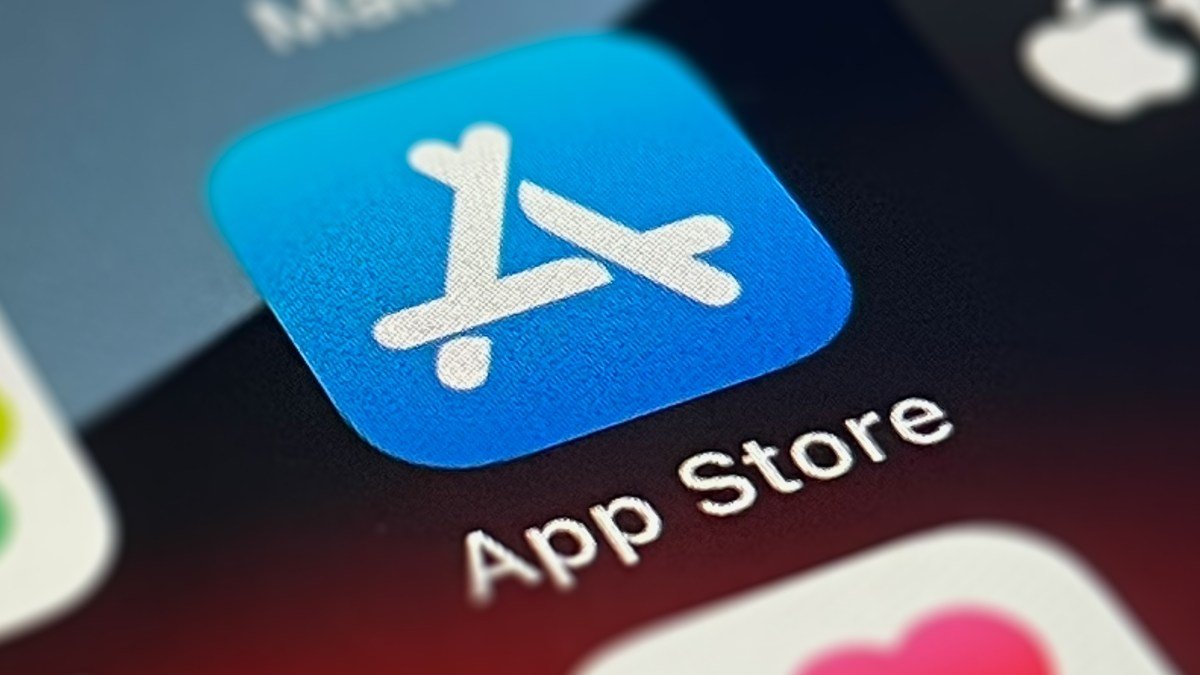Basecamp founders’ email service Hey is once again embroiled in a dispute with tech giant Apple, this time over the rejection of its new calendar app from the App Store. According to Apple, the reasoning behind the rejection is similar to four years ago when Hey’s email app was also turned down – non-paying users are unable to use the app after downloading it and new users cannot sign up through Hey’s calendar app.
Last week, Basecamp launched an integrated calendar service along with a standalone app for Hey. However, on Saturday, Hey’s co-founder David Heinemeier Hansson announced on Twitter that Apple has rejected the standalone calendar app.
Since it’s clear we’re never going to pay them the extortionate 30% ransom, they’re back to the bullshit about “the app doesn’t do anything when you download it”. Despite the fact that after last time, they specifically carved out HEY in App Store Review Guidelines 3.1.3 (f)!
– DHH (@dhh) January 5, 2024
According to Apple’s guidelines, apps must allow users to sign up for the service and potentially pay for a subscription if needed. If the payment is made through in-app purchases, Apple takes a 30% cut (or less in some cases). However, certain apps like Netflix, Kindle, and Spotify allow users to create accounts outside of the app.
In 2020, Apple initially rejected Hey’s email app because users were unable to sign up for the service within the app. The companies reached a compromise where users could download and start using Hey with a randomized email ID. To upgrade, they had to pay for the service outside of Apple’s ecosystem through a browser.
In a blog post, Hansson points out that other apps like Google Calendar and Netflix also have login gates and require users to pay for the service outside of Apple’s ecosystem. He also mentions that Apple uses one iCloud ID to provide a subscription to a suite of apps, suggesting that Hey’s calendar app should be allowed on the App Store.
“So what’s going to happen? I don’t know, but I do know that we’ll keep fighting. We’re never going to roll over and pay Apple 30% in protection money to be left alone. Last time we found a way, and we will again,” he said.
Apple has not yet commented on the situation.









